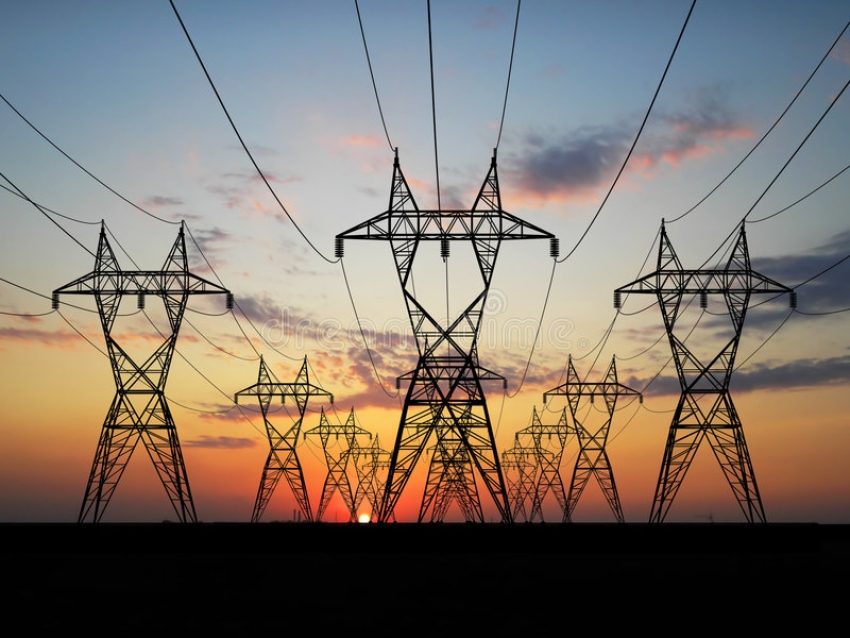The energy regulator in Africa’s red metal hotspot Zambia has approved the power utility’s application to increase electricity tariffs. This is contained in a press statement issued on April 21 by the Energy Regulation Board (ERB) after a review of the state owned utility ZESCO Ltd.’s performance between 2018 to 2022. The power generator had in January 2023 applied to revise its tarriffs by an average of 37%, 9%, 15%, 10% and 14% for the years 2023, 2024, 2025, 2026 and 2027 respectively. Grappling with negative jaws for which two cost of service studies were conducted, with the last being by London’s Energy Market Regulatory Consultants (EMRC) which green paper revealed a plethora of actions needed to improve operations at the utility, the energy generator has sought ways to support its cash flow position.
Earlier in the year ZESCO applied to increase tariffs over a 5 year period ending 2027 in a graduated fashion beginning 2023. The application is part of the nation’s long overdue energy reforms to improve investment in the faculty. The ERB has approved the 2023 proposed tariff effective 01 May, conditional approval for the 2024 – 2027 proposed tariffs and other social service tariff structures such as fixed charges. However, the regulator rejected the proposal for a change in lifeline units for residential consumer from 100kWh to 75kWh as this would be detrimental to low income households struggling with cost of living pressures. The power utility will maintain lifeline units 100kWh at a reduced tariffs from K0.47 to K0.40/kWh.
ZESCO’s efforts to renegotiate tariffs with Independent Power Producers (IPPs) were lauded by the regulator while the utility was guided to balance its viability, affordability and government aspirations with special attention to income households, small commercial operations and social services. The power utility remains hamstrung by amounts owed to IPPs that has incapacitated their operations making investment in the sector unattractive for years.
The regulator however highlighted the power utilities poor performance on agreed key performance indicators framework cited as potentially affecting the tariff award. Some of these KPI’s include ZESCO’s poor performance in customer connections for both standard and non-standard, safety and quality of service and cash management indicators. Benchmarked against other Sub Saharan Africa utilities, the state owned power utility has been dubbed as overstaffed for which the regulator directs that ZESCO to accelerate the human capital optimization program to 2024 yearend. This, the ERB cited will be key at boosting efficiency at the power utility.
Despite the Electricity Act providing for automatic cost pass through adjustments from exchange rate, changes in appropriate index and fluctuations in prices of feedstock, the ERB directed that ZESCO should demonstrate that proposed pass cost pass – through are beyond their control and are integral to the operations of the utility.
The Southern African nation grapples with rising price pressures in the wake of currency depreciation fueled by delayed debt restructure. The weakening Kwacha has scaled fuel prices higher and most recently sank the purchasing managers index for March 2023 deeper into contraction at 46.9 from 51.3. Higher tariffs are likely to exacerbate price pressures in the medium term but could improve the power utilities operational efficiency in the long term to further attract entrants in the energy generation sector.
The Kwacha Arbitrageur

